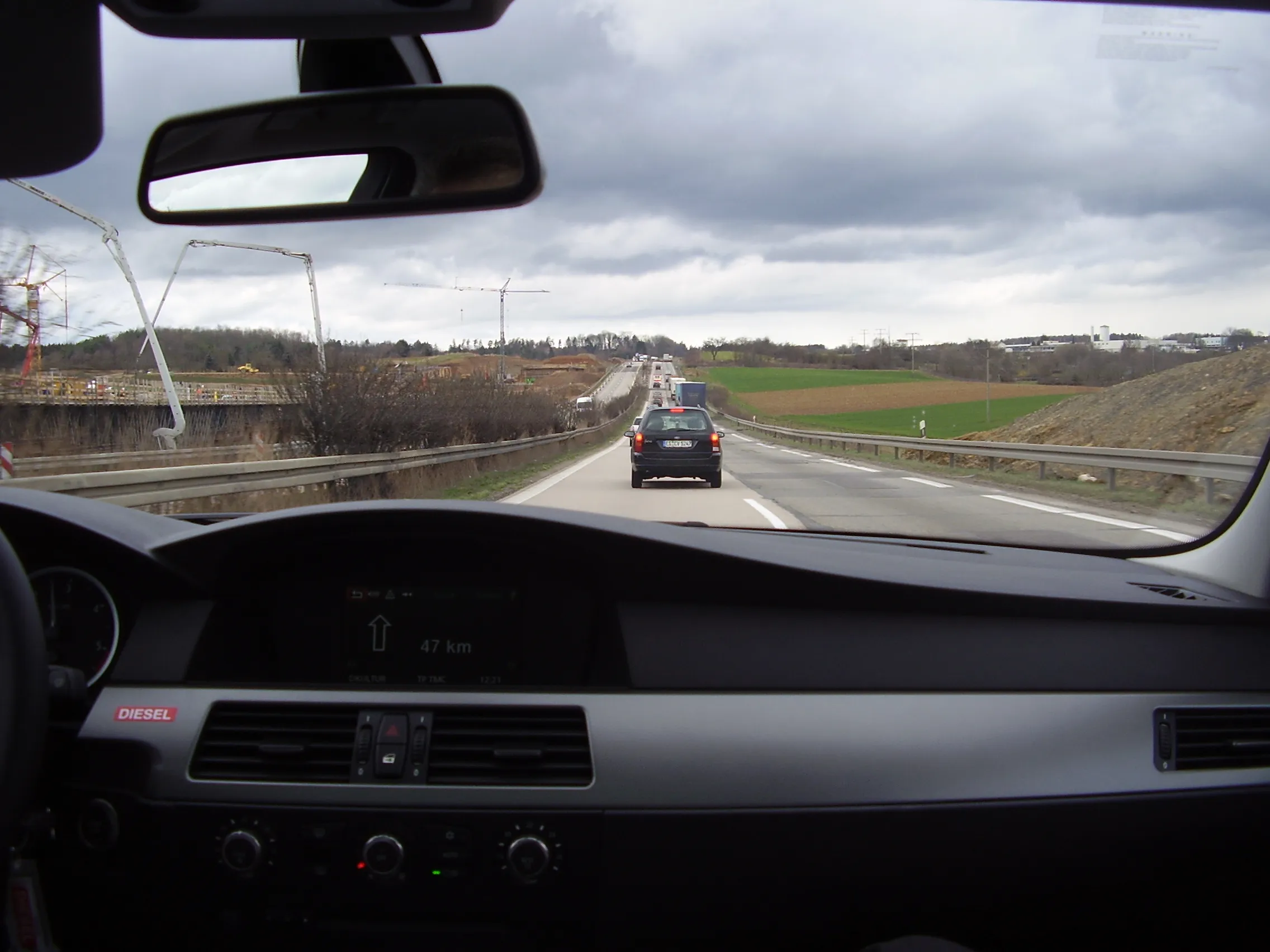Forget planes, trains and shipping if you want to be a successful global multi-national says Michelin: the only way to get the right things to the right places on time and on cost is by road. Speaking at the PPRS Paris 2015 pavement preservation and recycling summit, Michelin corporate affairs vice president Eric Le Corre said “we are a worldwide industrial giant that could not operate without good roads. Roads give the critical advantage in logistical terms. We can only be successful if the roads we use ar
February 24, 2015
Read time: 2 mins
RSSForget planes, trains and shipping if you want to be a successful global multi-national says 720 Michelin: the only way to get the right things to the right places on time and on cost is by road. Speaking at the 7924 PPRS 2015 Paris pavement preservation and recycling summit, Michelin corporate affairs vice president Eric Le Corre said “we are a worldwide industrial giant that could not operate without good roads. Roads give the critical advantage in logistical terms. We can only be successful if the roads we use are good, effective, well maintained, properly adapted to local traffic needs and are connected properly.”
A modern Michelin tyre uses more than 200 different materials in its production said Le Corre. “It is a very complex product and we have a huge upstream logistics system to get all the raw materials together, as well as a global downstream logistics system to get the end product to the customer.”
Air freight is an emerging but expensive option he told the conference, and has a very small share of the overall transport plan. Maritime freight is OK for heavy and bulky materials, and rail freight is useful provided that there is a strong local network to supplement the big inter-city lines. But road freight is the only sensible option. “That is why 80% of Michelin’s overall logistics flow goes by road.”
“Michelin manufactures on four continents and sell on five,” Le Corre added. And the road networks that carry the vast majority of this activity are used to ship an inventory of more than €4.5 billion around the world. Michelin’s annual logistics spend in currently €1.7 billion. A properly maintained international road system is the only way that this operation can continue to flourish says the company.
A modern Michelin tyre uses more than 200 different materials in its production said Le Corre. “It is a very complex product and we have a huge upstream logistics system to get all the raw materials together, as well as a global downstream logistics system to get the end product to the customer.”
Air freight is an emerging but expensive option he told the conference, and has a very small share of the overall transport plan. Maritime freight is OK for heavy and bulky materials, and rail freight is useful provided that there is a strong local network to supplement the big inter-city lines. But road freight is the only sensible option. “That is why 80% of Michelin’s overall logistics flow goes by road.”
“Michelin manufactures on four continents and sell on five,” Le Corre added. And the road networks that carry the vast majority of this activity are used to ship an inventory of more than €4.5 billion around the world. Michelin’s annual logistics spend in currently €1.7 billion. A properly maintained international road system is the only way that this operation can continue to flourish says the company.






